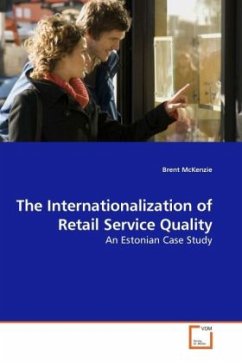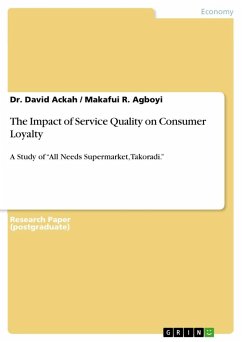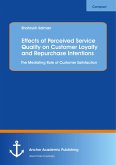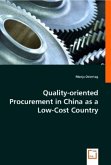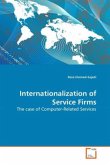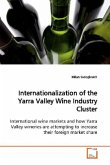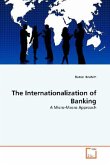Many of the most dramatically changing economies of the world during the last twenty years are referred to as transition economies. The "transition" was from a centrally planned economic, political, and social system to one based on democracy, free markets, and private ownership. Examples include the former Soviet Union, and Central and Eastern Europe. This research centres on one important topic of transition, the construct of service quality, in one of the most visible sectors of this transition, retail trade. As an exemplar for this research, the concept of retail service quality in the Republic of Estonia is analyzed. The retail sector in Estonia represented a virtually ignored field of study during the communist period, but since the return of independence from the Soviet Union, has emerged as a growing and significant component of both commercial, social, and employment growth. For retail practitioners (both domestic and those wishing to expand into transition economies) this research provides a greater depth of understanding of how the measures of retail service are perceived by consumers, and how these measures can be linked to shopping behaviour.
Bitte wählen Sie Ihr Anliegen aus.
Rechnungen
Retourenschein anfordern
Bestellstatus
Storno

